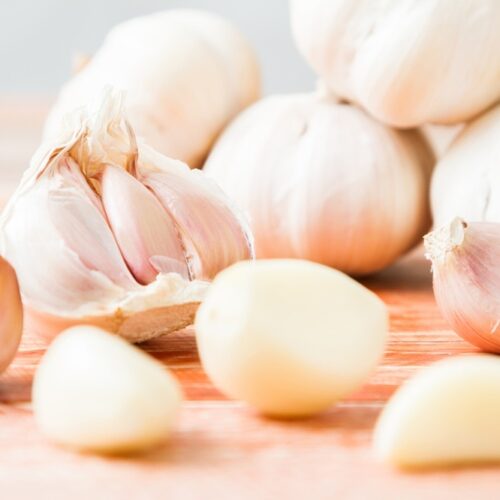
Improve your digestion and reduce your risk of disease by making the most of prebiotics and probiotics in your food.
The health of your digestive tract is influenced by many things, including bacteria inside your gut. There are more than 400 species of bacteria living inside your large intestine. However, not all bacteria are beneficial.
There is constant competition in our digestive system between good and bad bacteria and when the good guys outweigh the bad guys, you have a healthy gut.
Good bacteria are known as probiotics. They feed on prebiotics. The more you have of both, the better your digestive system functions to absorb nutrients.
What are prebiotics?
Prebiotics are carbohydrates that pass through the body undigested until they reach the colon. In the colon, prebiotics are fermented, which leads to better bowel function and the production of beneficial short-chain fatty acids.
In the bowel, prebiotics also become an important fuel source for healthy bacteria in the gut, helping them to grow in numbers. In other words, prebiotics are food for probiotics.
Inulin is a common prebiotic which is naturally found in garlic, asparagus, onions, leeks and artichokes. Prebiotics are also added to many foods including breakfast cereals, bread, table spreads, drinks and yoghurt.
Health benefits
Studies show prebiotics can be beneficial in a number of ways.
Treatment for constipation: for children and the elderly, increasing the intake of prebiotics can lead to fewer episodes of constipation and increased bowel-motion frequency.
Reduced risk of developing osteoporosis: more research is needed but it is believed that prebiotics help to increase calcium absorption, maintaining and even increasing bone density.
Reduced risk of obesity and diabetes: prebiotics may play a role in reducing insulin resistance, which is associated with obesity and diabetes.
What are probiotics
Probiotics are live 'friendly' bacteria that help keep the gut healthy by reducing the number of harmful bacteria in the intestines.
Probiotics are also important for a healthy immune system, for optimal absorption of nutrients and for the production of vitamin K. The most common types of probiotics are bifidobacteria and lactobacillus species. They are found in yoghurts and fermented milk. They are also added to infant formula and are available as dietary supplements.
Health benefits
Probiotics have several benefits.
Immunity boost: probiotics can increase the number of cells that fight infection.
Reduce symptoms of irritable bowel syndrome (IBS): probiotics have been shown to reduce the symptoms of diarrhoea and constipation in some IBS sufferers.
Treatment for diarrhoea: probiotics can help to relieve diarrhoea, including antibiotic-associated diarrhoea.
Improved lactose intolerance: probiotics have been shown to improve lactose digestion as lactase, the enzyme that digests lactose, is a by-product of fermentation.
Reduced risk of colon cancer? Though research is at an early stage, lactobaccillus species and bifidobacteria were shown to decrease a particular marker for the risk of cancer development in studies where animals were exposed to a chemical carcinogen.
Limitations
Being aware of the nature of probiotics will help you get the most out of them.
You need to eat a variety of probiotics as you can't get all the health benefits from one individual strain. The living microorganisms in probiotics need to survive food-processing and storage in large numbers. Then the microorganisms need to survive the passage through the digestive tract, where they are exposed to acids and digestive enzymes in order to be alive when they reach the bowel. To have the desired effect, a food product needs to contain at least a million of each different probiotic bacteria per gram. Most food products contain a couple of million of each type. Make sure you eat food containing probiotics soon after opening the packet as the probiotics start to die.
Looking ahead
Researchers are looking into synbiotics – probiotics taken with prebiotics. It's thought the two can work together in a synergistic way to promote the survival of probiotics in the gut.
The keys to keeping your gut healthy
Diet: include carbohydrates and fibre in your diet, and moderate amounts of protein and fat. A diet too high in protein or fat can allow bad bacterium to flourish.
Stress: reduce stress as it can alter the balance of bacteria in the gut.
Age: the number of beneficial bacteria decreases with age, while the number of harmful bacteria increases. Counteract this by including probiotic-rich foods in your diet.
Antibiotics: these fight bacterial infections, but they can also destroy beneficial bacterium. Taking probiotics with antibiotics helps keep your intestinal flora balanced.
www.healthyfood.com











